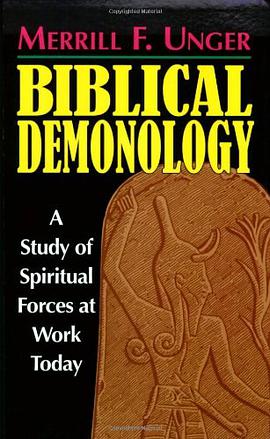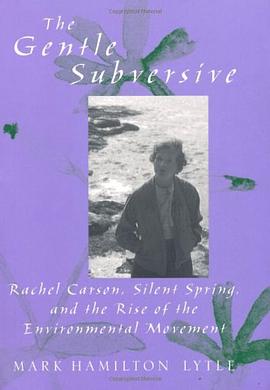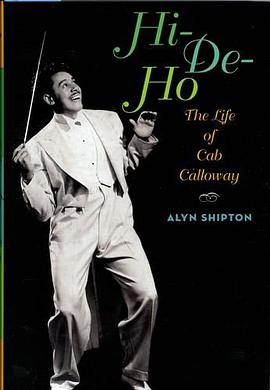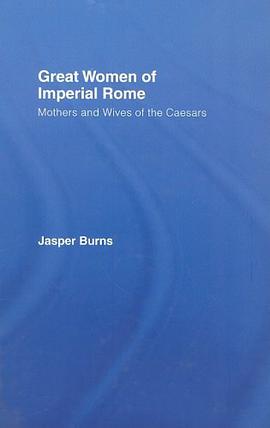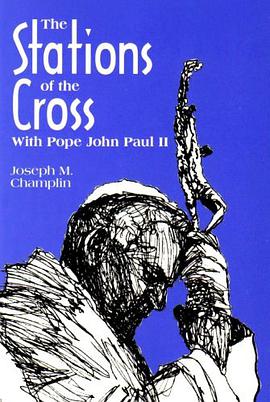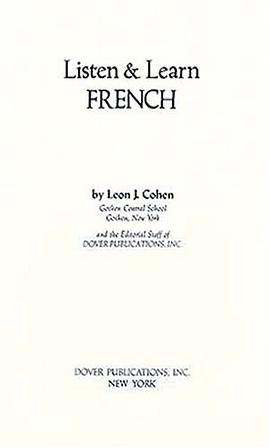

具體描述
Lincoln is the single most compelling figure in our history, but also one of the most enigmatic. Was he the Great Emancipator, a man of deep convictions who ended slavery in the United States, or simply a reluctant politician compelled by the force of events to free the slaves? In Father Abraham, Richard Striner offers a fresh portrait of Lincoln, one that helps us make sense of his many contradictions. Striner shows first that, if you examine the speeches that Lincoln made in the 1850s, you will have no doubt of his passion to end slavery. These speeches illuminate the anger, vehemence, and sheer brilliance of candidate Lincoln, who worked up crowds with charismatic fervor as he gathered a national following. But if he felt so passionately about abolition, why did he wait so long to release the Emancipation Proclamation? As Striner points out, politics is the art of the possible, and Lincoln was a consummate politician, a shrewd manipulator who cloaked his visionary ethics in the more pragmatic garb of the coalition-builder. He was at bottom a Machiavellian prince for a democratic age. When secession began, Lincoln used the battle cry of saving the Union to build a power base, one that would eventually break the slave-holding states forever. Striner argues that Lincoln was a rare man indeed: a fervent idealist and a crafty politician with a remarkable gift for strategy. It was the harmonious blend of these two qualities, Striner concludes, that made Lincoln's role in ending slavery so fundamental.
著者簡介
圖書目錄
讀後感
評分
評分
評分
評分
用戶評價
相關圖書
本站所有內容均為互聯網搜索引擎提供的公開搜索信息,本站不存儲任何數據與內容,任何內容與數據均與本站無關,如有需要請聯繫相關搜索引擎包括但不限於百度,google,bing,sogou 等
© 2025 book.quotespace.org All Rights Reserved. 小美書屋 版权所有

